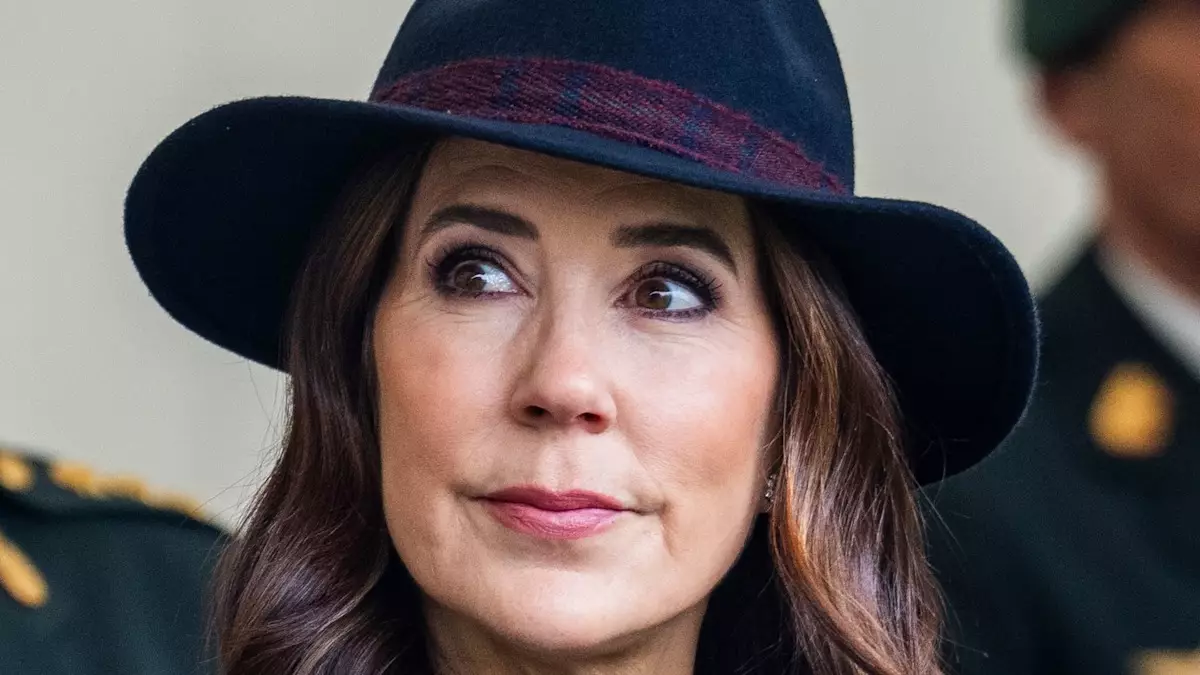In a poignant moment that resonates with both history and spirituality, Queen Mary of Denmark is set to represent her country at the funeral of Pope Francis in Vatican City. This significant event will take place on April 26, 2025, marking a momentous occasion in both Danish and world history. The Danish royal family’s official announcement described her attendance as a solemn duty, emphasizing its importance amid the presence of many notable global leaders. This act offers a glimpse into the enduring bonds between the Danish monarchy and the Catholic Church, a connection that has historical roots dating back centuries.
The announcement reflects Queen Mary’s dedication not only to her royal responsibilities but also to her role as a spiritual figure in modern society. As the widow of Pope Francis leaves behind a remarkable legacy of compassion and reformative ideas during his 12-year papacy, Mary’s presence at the funeral signals respect for that legacy and acknowledges the profound impact he had on millions around the globe. With a background as a commoner, Queen Mary’s ascension shows the intertwined nature of tradition and modernity that continues to shape the royal narrative in Denmark.
The Impact of Absence
In a twist of fate, Queen Mary will be accompanied not by her husband, King Frederik, but rather attending this historic moment alone. This absence is noteworthy, especially considering King Frederik’s concurrent diplomatic visit to Japan, and later Greenland. His planned engagements highlight Denmark’s intentions to strengthen international ties, particularly concerning sustainable methods of food production and green energy. While both royals represent different facets of national identity and heritage, their simultaneous commitments underscore the pressure and the weight of their royal duties in an increasingly interconnected world.
The contrast between their two roles—a mother attending a funeral carrying the emotional weight of representation, and a king engaging in international diplomacy—serves as an allegory for the complexities of modern monarchy. It raises the question of how royal duties intersect with personal grief and obligation. In an age where the relevance of monarchies is often debated, incidents like these remind us of their continuing importance in maintaining cultural heritage and participating in global discourse.
An Evolving Monarchy
Crown Prince Christian’s temporary role as regent during his parents’ travels adds another layer to this narrative. It showcases the shifting dynamics of royal responsibilities as the next generation of royals begins to take on more prominent roles. Prince Christian’s ascension to regency not only signifies his growing maturity but also represents the evolution of monarchy in the 21st century. His attendance at state functions, however symbolic, pushes the boundaries of the role that younger royals are expected to play in engaging with both national and global issues.
In an era marked by social media and instant communication, younger royals are reaching audiences that previous generations could only dream of. Queen Mary and King Frederik’s focus on sustainability and social issues aligns them with a growing expectation that modern royalty must engage meaningfully with crucial global challenges. This evolution illustrates monarchy’s capability to adapt and remain relevant amid societal changes, proving that tradition and modernity can coexist within the royal narrative.
An Assembly of Global Leaders
The funeral will also see a diverse group of world leaders coming together, including the Prince of Wales, King Felipe and Queen Letizia of Spain, and U.S. President Donald Trump, amongst many others. Their collective presence signifies the unifying power of shared mourning and respect, regardless of political divisions. It showcases how moments of loss can transcend borders, fostering a sense of international community.
Prince William’s role as a representative of King Charles reinforces a growing trend in royal engagements, where younger royals are increasingly taking on responsibilities historically designated for their parents. With the absence of King Charles, this situation highlights an evolving monarchy that aims to navigate both tradition and contemporary expectations. William’s attendance is not just a family obligation; it marks a significant moment in his trajectory as a future king, bending royal conventions towards a more inclusive dialogue.
Queen Mary’s journey to attend Pope Francis’ funeral is rich with implications, ranging from personal sacrifice to national representation and modern royal evolution. It serves as a potent reminder of the power of legacy, the importance of individual commitment, and the ever-changing nature of royal responsibilities in today’s world. Her solo attendance speaks volumes about her dedication and signifies her solidarity in honoring a leader whose global impact spanned beyond religious boundaries, echoing the call for compassion and unity in the face of loss.

